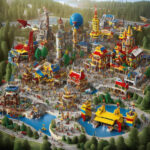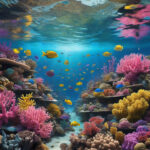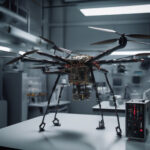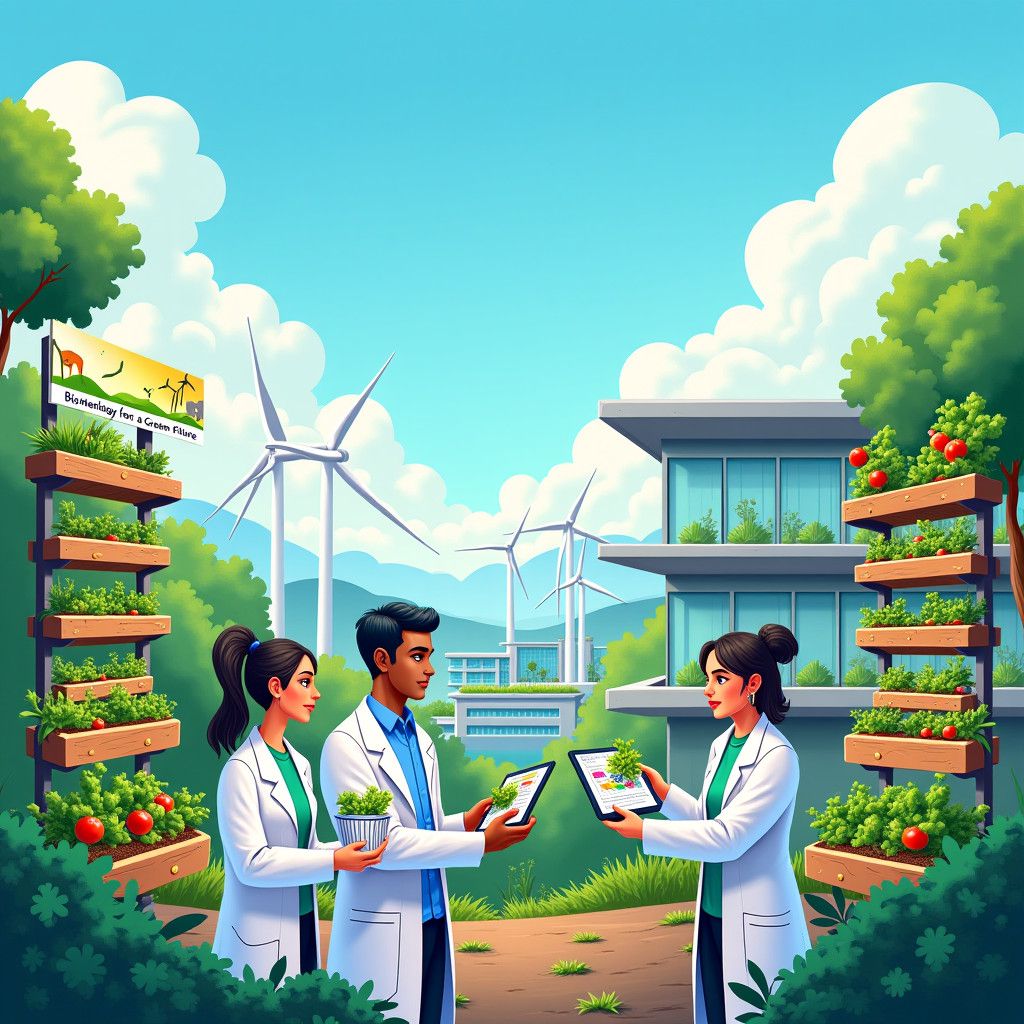Biological sciences are pivotal in addressing many critical aspects of contemporary society, including health, agriculture, food security, sanitation, and environmental conservation. As we witness unprecedented scientific and technological advancements, we find ourselves at a juncture where we can effectively combat global challenges through bioscience innovations. These innovations not only promise ecological sustainability but also meet the increasing demand from businesses and consumers for green technologies.
At LIFE RI, our efforts are geared toward harmonizing human activities with nature. Our team specializes in understanding the intricate relationships between the microstructures of biomaterials and their macro functions. This interdisciplinary approach allows us to create solutions that enhance both performance and sustainability, crucial for improving health and environmental outcomes. For instance, by harnessing bio-regenerative resources, we can contribute significantly to the planet’s welfare while also catering to human needs.
The significance of maintaining healthy ecosystems cannot be overstated, as they are foundational to the well-being of our global community. By integrating new biotechnologies into societal frameworks, we can develop resources that not only benefit humanity but also support the health of the planet. LIFE RI’s expertise in fields such as human nutrition, microbial science, and food product innovation is at the forefront of this endeavor, driving innovative solutions that align with bio-inspired circular economic models.
A key player in this landscape is the SHE Research Centre, which focuses on addressing the gender data gap in the realms of sport, health, and exercise science. The Centre seeks to improve the health and physical activity levels of communities, particularly among women and girls, who have traditionally been underserved. Current initiatives include analyzing the unique experiences of female athletes to enhance their health and performance, developing innovative delivery systems for bioactive nutrients, and evaluating lifestyle interventions for childhood cancer survivors. By focusing on these crucial areas, the SHE Research Centre is paving the path toward a healthier, more inclusive future for all.
Bridging the gap between foundational research and practical applications is vital for advancing biotransformation processes in various industries. The integration of bioprocessing techniques allows us to upscale the utilization of complete bioresources, including leftover meat parts, transforming them into viable products. Addressing barriers such as competitiveness and weak producer value chains is essential for transitioning to more sustainable and circular models. These demonstration projects not only exemplify Ireland’s commitment to biobased processes but also serve as inspirations for similar initiatives worldwide.
One noteworthy development in this arena is the application of aquatic plants, which boast higher photosynthetic efficiencies compared to traditional land-based biomass. At Mount Lucas, an innovative aquaculture system is being employed to produce nutrient-rich feeds from cultivated duckweed and macroalgae while managing agri-food waste streams. This integrated multitrophic aquaculture model not only produces food but also supports renewable energy generation, aligning with zero-waste and zero-energy principles.
As the demand for sustainable packaging solutions rises, we are actively working on developing low-carbon, industrial-grade plastic packaging alternatives. These innovative materials operate within regenerative loops comparable to natural cycles, allowing for continuous make-unmake-remake processes. Such breakthroughs offer the potential to replace conventional, petroleum-based plastics with products that exhibit equivalent performance characteristics, thereby alleviating plastic pollution and its associated environmental impacts.
The Twinn4MicroUp project exemplifies an ambitious effort to tackle plastic waste by converting it into sustainable bioproducts using microbial solutions. Funded through the European Union’s Horizon Europe initiative, this project is fostering collaboration among international research partners. TUS plays a pivotal role in driving research efforts and securing the practical application of these advanced biotechnologies. The project aims to reframe plastic waste as a resource, highlighting the importance of aligning scientific advancements with sustainability efforts for the benefit of future generations.
In a similar vein, the ToyStories project engages youths across Ireland to raise awareness about plastic pollution through interactive workshops and creative activities. This project targets young minds to empower them as environmental advocates, fostering critical thinking about sustainability. By educating children about plastic’s life cycle and the implications of waste mismanagement, we instill a sense of responsibility that can lead to meaningful action against pressing global challenges.
At LIFE RI, our commitment to collaborating with nature is evident in our multidisciplinary approach, which encompasses various aspects of bioscience technology. We strive to incorporate innovative solutions into daily life, aiming to elevate health and wellness standards while promoting a harmonious coexistence with our environment. As we continue to explore the intersections of science and sustainability, our quest for healthier ecosystems and flourishing communities becomes increasingly achievable.
In summary, the collective efforts within bioscience innovations represent a concrete response to the health and environmental challenges we face today. By harnessing the power of scientific advancements, fostering collaboration, and engaging with the public, we are moving towards a future where sustainability is at the forefront of societal development.












